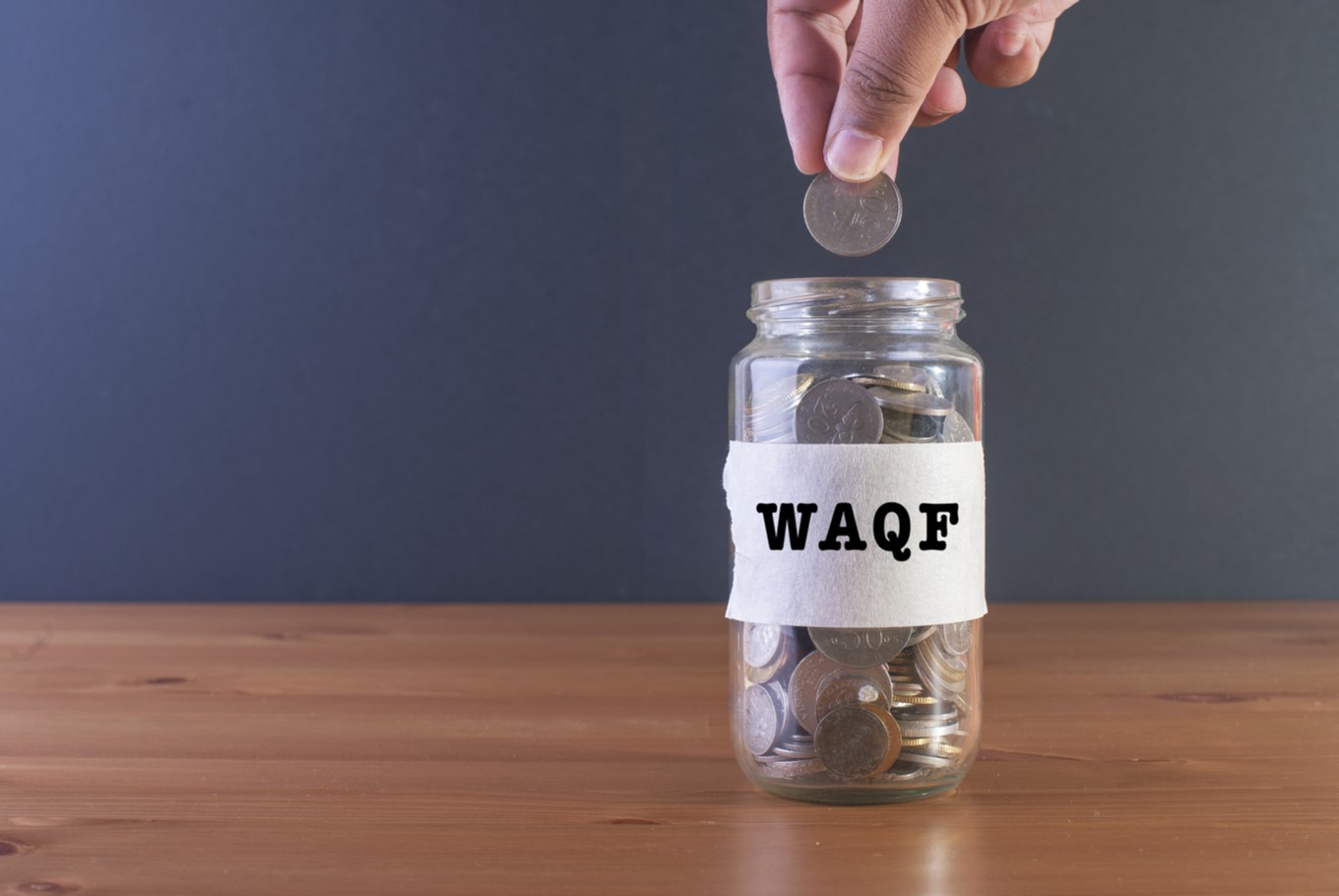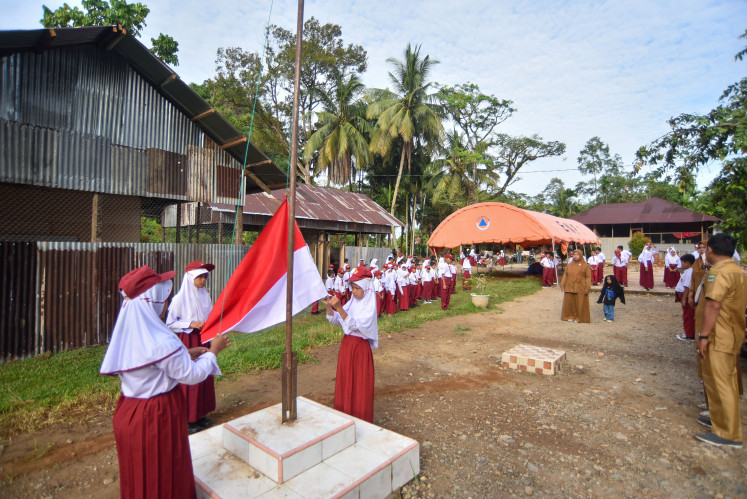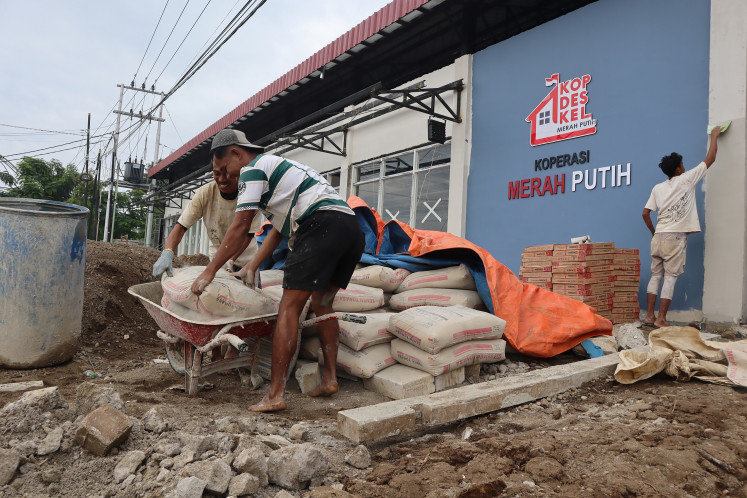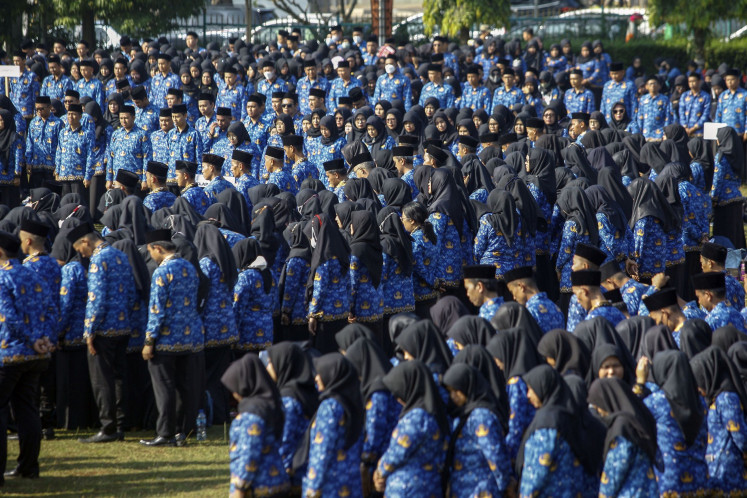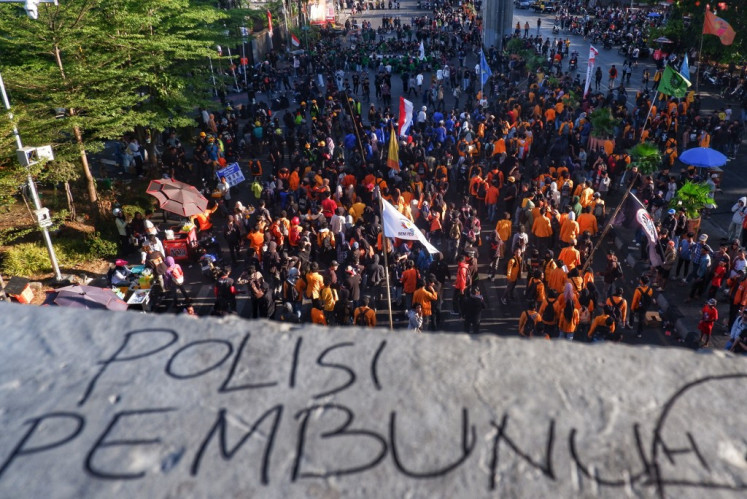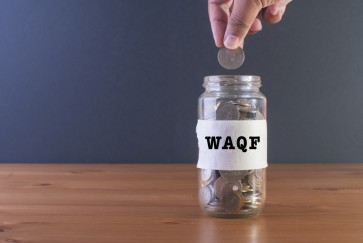Popular Reads
Top Results
Can't find what you're looking for?
View all search resultsPopular Reads
Top Results
Can't find what you're looking for?
View all search results‘Waqf’ can help promote inclusive economy
Change text size
Gift Premium Articles
to Anyone
I
ndonesia with support from the Islamic Development Bank, has reaffirmed its position as one of the world’s Islamic economic and financial catalysts with the launch of the Waqf Core Principle during the recent International Monetary Fund and World Bank Group Annual Meetings.
Following the successful inauguration of the Zakat Core Principle at the 2016 United Nations World Humanitarian Summit in Istanbul, the initiative is part of a broader focus on promoting inclusive economy. Waqf is not only perceived as an Islamic social finance instrument, but also involves the commercial sector. The meetings in Bali attended by 189 countries were therefore a perfect opportunity for the introduction of waqf to the world.
Other than zakat, there are many Islamic finance instruments that can be harnessed to alleviate poverty. Indeed zakat redistributes wealth among people. However, ensuring such counter-cyclical attempt as well as achieving sustainable development at the same time need a supporting system. In that case, zakat as social safety net is short-term, whereas waqf is more likely long-lasting with its characteristic of perpetuity and income generation skills.
As an inalienable endowment under Islamic law, waqf is typically a donation in the form a fixed asset (e.g. building, plot of land) for Islamic religious or charitable purposes with no intention of reclaiming the assets. Surprisingly, waqf has huge potential in other forms, such as cash waqf.

